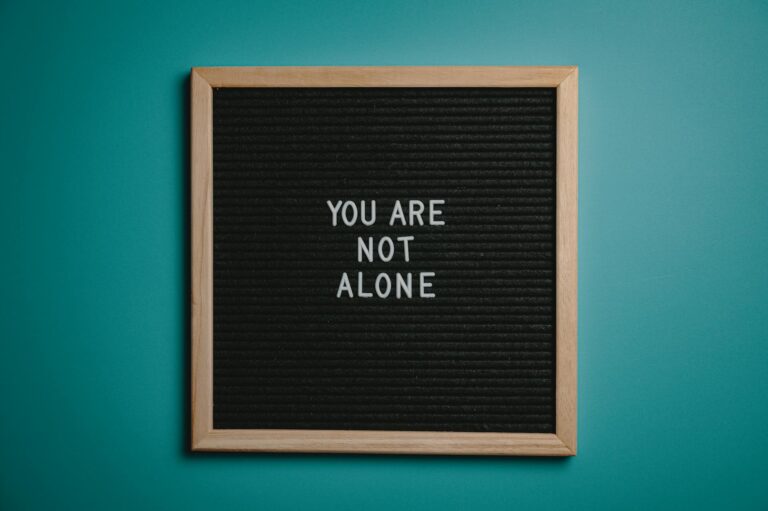
Suicide Prevention : A shared responsibility
Suicide is a profound and intricate global problem whose influence cuts across people, families, and even communities at large. According to the World Health Organization (WHO), every year over 700,000 people commit suicide while many attempt it. Suicide is not just a personal tragedy but a social issue that should command its prevention policies and individual involvement respect and understanding.
Here we give the reasons for suicide, predisposing warning signs, and action plans to help prevent the act.
Understanding Suicide
Suicide rarely happens due to one cause. It is often linked with combined pain caused by emotional factors and mental health disorders and with stress in social life and forms of emotional stress. These major factors that are often associated with suicide include:
Mental Health Disorders: Suicide risk is highly elevated by depression, anxiety, bipolar disorders, schizophrenia and substance use disorders in a person.
Social Isolation: The lack of interaction or distance with family members can enhance feelings of hopelessness.
Trauma: Issues that lead to abuse, loss, or even major life events.
Chronic Stress: Financial stress, unemployment, stress due to academics, or even workplace harassment contribute towards emotional imbalance. Feeling generally sad, hopeless or emotionally numb, sudden mood swing or irritability. Talks about feeling a burden or worthless.
Behavioral Changes: Avoiding loved ones and social activities. Talking with others about dying or saying things like “Life isn’t worth living.” Giving away personal belongings or preparing a will.
Physical Symptoms: Changes in eating or sleeping habits. Using more drugs or alcohol.
If the person begins to show any of these signs, then it needs to be treated with care and without judgement.
Prevention Strategies
Suicide prevention requires types of interventions: individual, familial, and community. In addition, some other very effective strategies would include:
1. Emphasis on Open Discourse
Discussing suicide does not promote it. It allows the person to discuss issues in a candid and nonresentful manner. Listen without judgment, and acknowledge feelings.
2. Build Support Systems
Creating a strong support network of family and friends, as well as community support groups, can help eliminate feelings of isolation. Help people stay connected and seek out support.
3. Access to Professional Help
Access to such life-saving necessary supplies as professional psychological counseling, therapy or the right medicine, for instance can contribute to saving at-risk peoples’ lives. For instance, PsychoSukha offers tailor-made changes in behavior, mindfulness training and specialized psychotherapy for at-risk persons.
4. Mental Illness Awareness
Education conducted in a community can lead to loss of stigma and motivate at-risk individuals to seek help without fear of being judged upon.
5. Crisis Intervention
If the person is in a situation that needs to be dealt with immediately then call helplines or emergency services available locally and accompany the person till help arrives.
Organisations like PsychoSukha also play an integral role in the prevention of suicides. Psychoeducation with personality assessments, emotional evaluation, and mindfulness-based interventions can help anyone cope with their situations and reignite hope in them. Community programs, webinars, and corporate trainings regarding mental health awareness can ultimately bring about safer and understanding environments. In addition, fostering inclusiveness and developing opportunities for respectful and open communication inside and outside the workplace, schools, and even social organisations can place vulnerable people within a support structure that gives them a sense of worth. And yet, suicide can be prevented, and reminding ourselves of that fact will help. All of us can play a role-from offering the listening ear to resources and advocacy for mental health initiatives. It really matters in great ways small acts of kindness, empathy, which can have a ripple effect and give someone courage to face another day. As the saying in the motto PsychoSukha goes, “Educating, Exploring and Evolving.” We will educate ourselves on mental health, explore more effective solutions and evolve into a society where every life counted is valued and protected.
—
Resources for Immediate Help
If you, or you know someone, who are struggling with suicidal thoughts, please contact the nearest crisis hotline in your area:
India: AASRA 91-9820466726
USA: National Suicide Prevention Lifeline 1-800-273-TALK (8255)
UK: Samaritans – 116 123
Help is just a call away, and let’s stand united in the fight against suicides.
—
References:
Government Reports:
Centers for Disease Control and Prevention (CDC): U.S. suicide prevention data and strategies.
National Suicide Prevention Strategy (India): Government programs and initiatives.
Books:
Why People Die by Suicide by Thomas Joiner
The Suicidal Mind by Edwin S. Shneidman
Get a Consultation Right Now!
